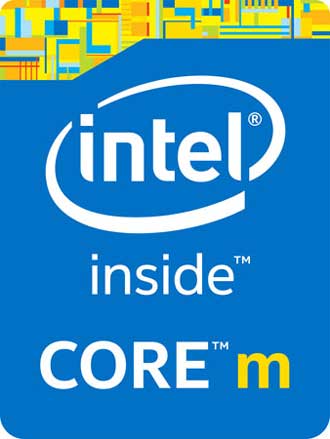 Qualcomm, under investigation for possible monopolistic practices in China, said it had no direct financial links with an antitrust expert.
Qualcomm, under investigation for possible monopolistic practices in China, said it had no direct financial links with an antitrust expert.
Zhang Xinzhu, a member of the Chinese Academy of Social Sciences (CASS) and one of China’s leading antitrust experts was sacked from a government advisory post after state media reported he had received payments from Qualcomm.
Qualcomm is being investigated by the National Development and Reform Commission (NDRC), one of China’s three antitrust regulators, over how the company licenses its patents and prices its chipsets.
The chipmaker did not hire Zhang directly. When it was investigated by the NDRC it hired Global Economics Group to produce an economic analysis for submission to the regulator. Global Economics Group employed Zhang Xinzhu.
The official Xinhua News Agency reported on Wednesday that Zhang had been fired from the State Council’s expert commission on competition issues for taking “huge rewards” from Qualcomm. The implication was that Qualcomm had been bribing Zhang to suggest that the regulators should be nice to the American chipmaker.
Qualcomm paid Global Economics its standard rates for the firm’s services,” Trimble said, and did not have “any financial dealings” with Zhang directly.
Qualcomm’s analysis was submitted to the NDRC in May and had three principal authors, including Zhang.
The Chinese said that Zhang had “contravened work discipline” and been removed from his position on the anti-monopoly committee.
The news agency said “certain multinational companies” had been attempting to delay antitrust probes, including spending money to gain support on experts groups and complaining of being picked on for being foreign.
“Against this backdrop, hiring relevant ‘experts’ from government departments to ‘speak on behalf of foreign companies’ is a violation of discipline … This matter should be gotten to the bottom of and bought to light,” Xinhua said.
The 21-member anti-monopoly academic experts group from which Zhang was dismissed was established in 2011. The group is seen to serve the principal role of providing the bureaucracy with the supporting arguments needed to justify its industrial policy aims.
But Zhang has been critical of the NDRC, and claimed that the regulator had acted outside of its jurisdiction and misused antitrust principles. It appears that the regulator, might just want him out of the way.



















